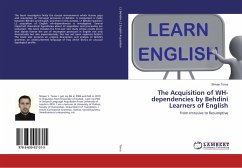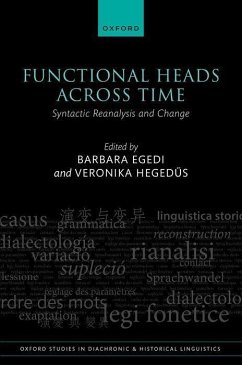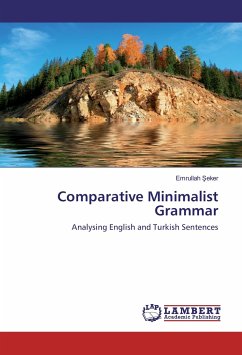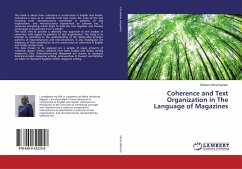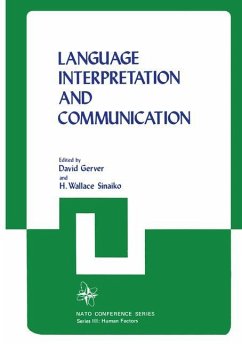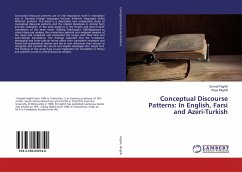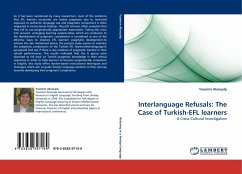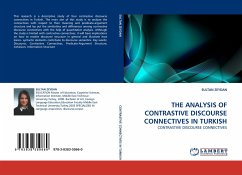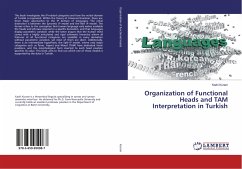
Organization of Functional Heads and TAM Interpretation in Turkish
Versandkostenfrei!
Versandfertig in 6-10 Tagen
49,99 €
inkl. MwSt.

PAYBACK Punkte
25 °P sammeln!
This book investigates the IP-related categories and how the verbal domain of Turkish is organized. Within the theory of Universal Grammar, there are three major approaches to the IP domain of languages. The initial distinction is between the Syncretic IP model and the Rich IP model. The former refers to the conception that human language only makes available the heads and phrases required in a specific derivation, and that languages display parametric variation while the latter argues that the human mind comes with a highly articulated and rigid schematic hierarchy where all features of all f...
This book investigates the IP-related categories and how the verbal domain of Turkish is organized. Within the theory of Universal Grammar, there are three major approaches to the IP domain of languages. The initial distinction is between the Syncretic IP model and the Rich IP model. The former refers to the conception that human language only makes available the heads and phrases required in a specific derivation, and that languages display parametric variation while the latter argues that the human mind comes with a highly articulated and rigid schematic hierarchy where all features of all functional categories are available in every derivation without parametric variation, yet most of them are silent. Additionally, there is an intermediate hypothesis, the Split IP model, where only major categories such as Tense, Aspect and Mood (TAM) have dedicated head positions, and the morphological form inserted to each head position specifies its value. This book aims to find out which one of these models is supported by the data in Turkish.



